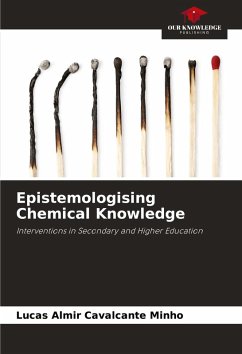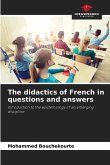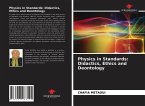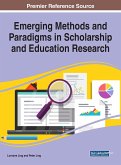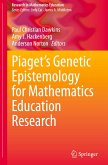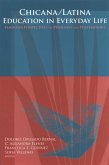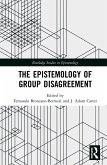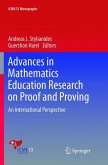The constant improvement and expansion of communication networks, the ease with which data can be acquired and the digitisation of objects that were once restricted to physical and analogue media have led to significant changes in the way human society socialises and communicates. Teaching and learning processes, as well as the constructs that characterise education, are closely linked to these technological advances. In this work, the author reports on the experience of interventions in high school and university classes, using the History and Philosophy of Science. Considerations of this methodological conception are raised and the epistemology is launched into the classroom environment.
Bitte wählen Sie Ihr Anliegen aus.
Rechnungen
Retourenschein anfordern
Bestellstatus
Storno

